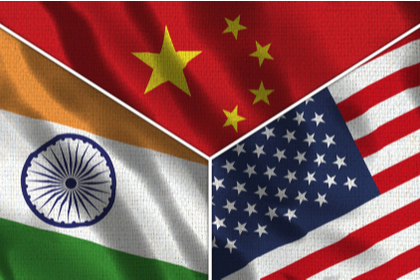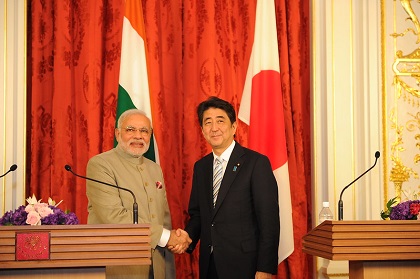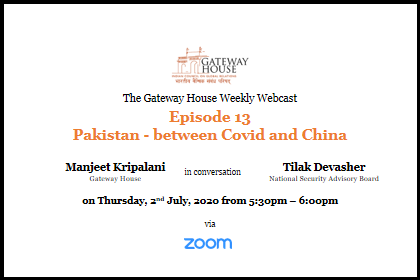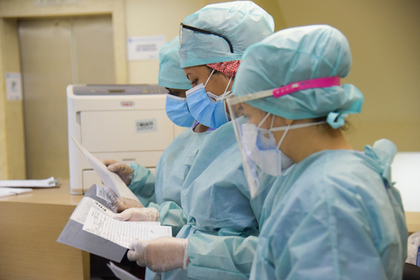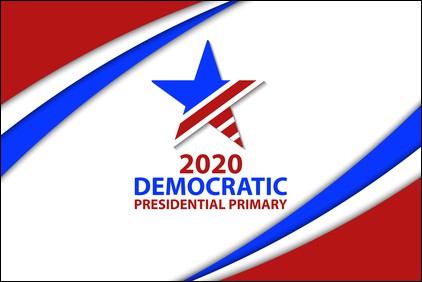Weekly Podcasts – U.S. Presidential Elections 2020
As part of our weekly series of podcasts in the run-up to the U.S. elections, Ambassador Neelam Deo, Director and Co-founder of Gateway House shares her insights on various aspects of the U.S. Presidential elections.


